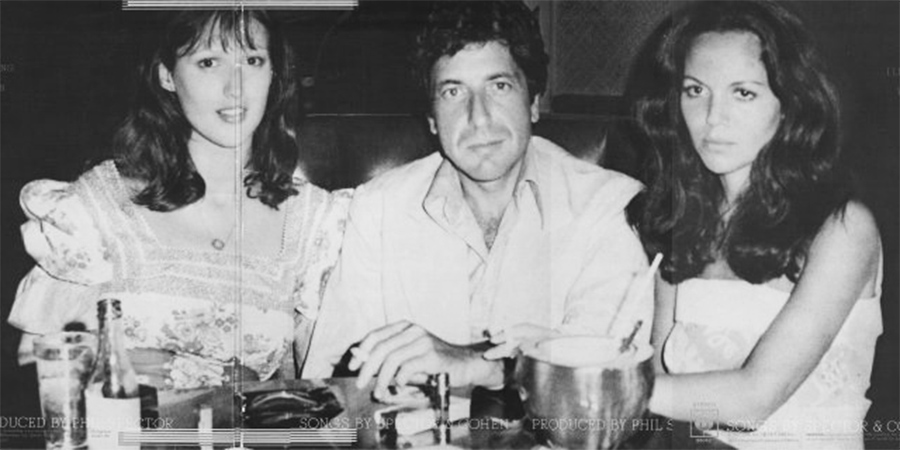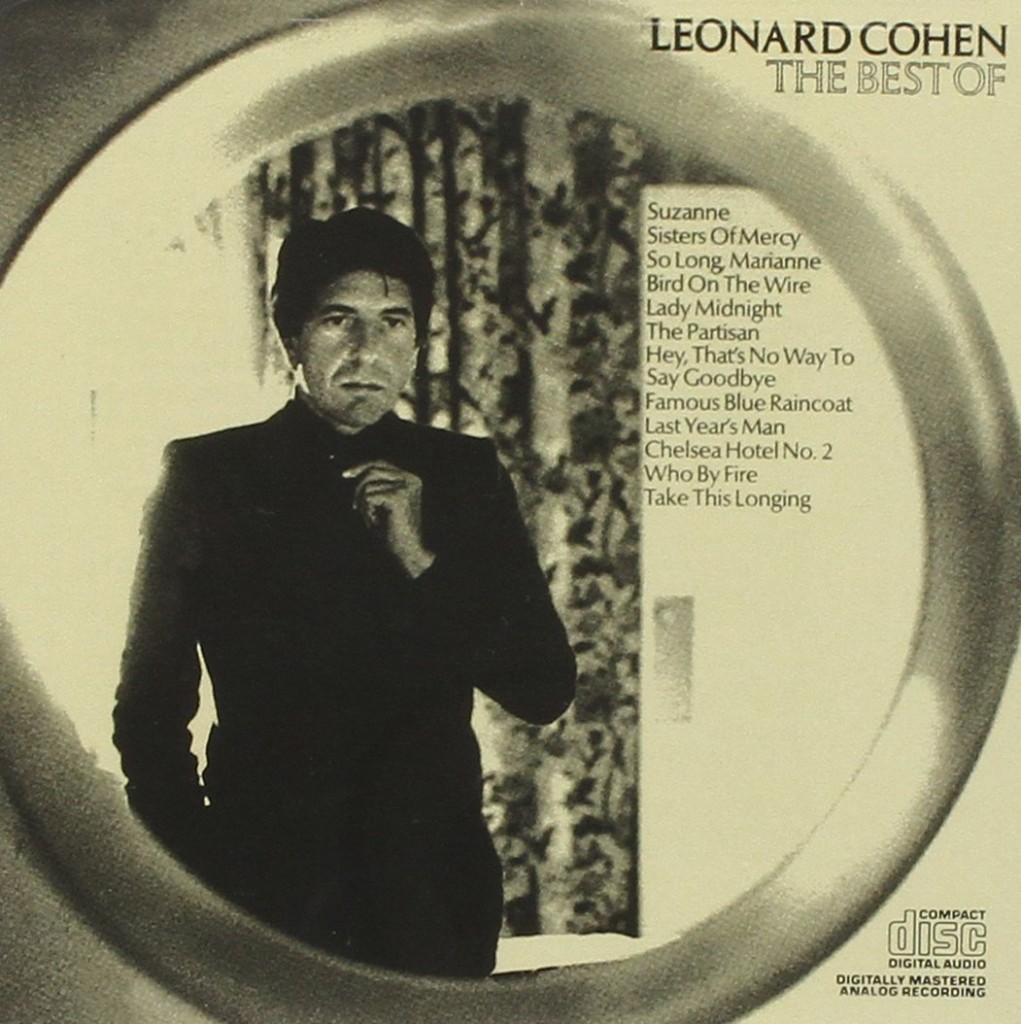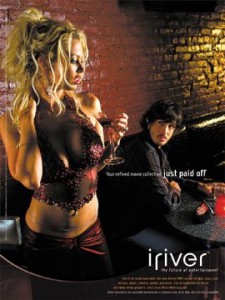
I just heard that Leonard Cohen has died. I’m usually not one for mourning celebrities, but Leonard was a big one for me. I’ve been listening to his music pretty obsessively since high school, when I’m Your Man was a big hit back in 1988.
It took me a while to get the point of his music, to be honest. The Toronto radio and music-TV programs really flogged I’m Your Man when it came out, and I couldn’t understand what was so special about the old guy with the lousy voice and the sparse, synth production style. But there was a girl (of course) that I liked at the time who loved Leonard, so hanging out with her in the art room meant listening to his music. She alternated between I’m Your Man and The Best of Leonard Cohen, which I found more accessible. Gradually I became a fan.

And not long after becoming a fan, I became a rather obsessive fan. I read and re-read The Favorite Game and Beautiful Losers. I bought every Leonard Cohen album I could find and listened to them all to death. I got all excited when his music turned up on movie soundtracks, like Pump Up the Volume and Natural Born Killers (or McCabe and Mrs. Miller). Finally, I crossed over to the dark side and learned to love Death of a Ladies’ Man. Even stranger—it became my favorite Leonard album. And “Death of a Ladies’ Man” is still my favorite song (sadly, it doesn’t seem to be online anywhere).
I’m happy to say I was able to see him in concert twice over the years, once in 1993 in Philadelphia and again in 2009 in Barcelona. The Barcelona show was pretty amazing, as it was in a big arena with 15,000 people or so.

Some other favorite Leonard-related notes:
- After the Philadelphia concert, I managed to briefly meet him behind the concert hall. There were a hundred people or so waiting for him by the exit, but he left the building through a different doorway, right where I was standing, so I got to shake his hand and exchange a couple of words before he was mobbed.
- Oh, and at the Philadelphia concert, he spent most of the show hunched over the microphone, stiff and tired-looking, like he was a broken down old man. But as soon as the concert was over, he skipped off the stage, full of life. It was just an affectation. Funny, though.
- My friend Carter set up a Usenet discussion board for Leonard, way back in 1994-ish. Pre-World Wide Web! (Well, almost)
- Hanging out in the old Norihaneun Saramdeul bar in Shinchon with a friend and his new girlfriend who were tripping hard on LSD. The bar was empty that night and it had a surprising good Leonard collection, so we started listening to one Leonard song after another. When the owner played “Where Is My Gypsy Wife Tonight,” my friend and the girl started laughing uncontrollably.
“Hallelujah” can kiss my ass, though. Wow, did people crush the life out of that song. Anyhow, at least his last album was really good. It’s nice to know he went out on such a strong note.
People often talk about how depressing Leonard’s music is, but I never felt that way. His mix of longing, beauty, religion and the profane always delighted me, and his lyrics were endlessly fascinating and meaningful. I’m going to miss him.






